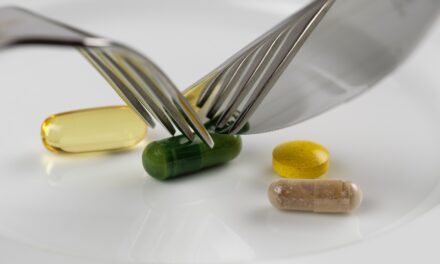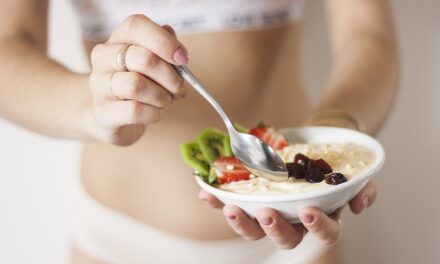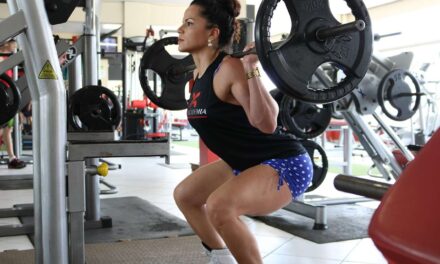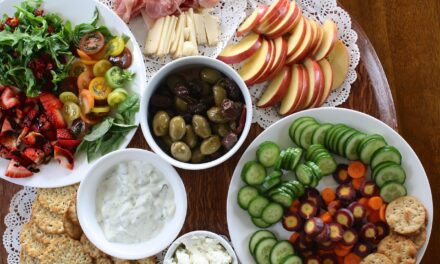As women cross the threshold of 50, the journey of life ushers in a myriad of physical and hormonal changes that have a profound impact on health, wellness, and dietary needs. Embracing these changes requires a nuanced understanding of nutrition, leading us to explore the “best diet for women over 50“. This article is a comprehensive guide to help you navigate through the nutritional needs specific to this transformative phase of life.
Turning 50 is more than just a milestone age; it’s a time when women often find themselves re-evaluating their health and lifestyle choices. The focus shifts towards maintaining vitality, preventing age-related health issues, and nurturing overall well-being. It’s about making informed dietary choices that not only cater to changing nutritional needs but also align with individual health goals, whether it’s weight management, strength building, or chronic disease prevention.
In this guide, we will delve into what constitutes an ideal diet for women over 50, backed by expert insights and research. Our aim is to provide you with a tailored approach that includes key nutrients, recommended dietary patterns, and practical tips to enhance your health and quality of life. Whether you’re looking to revamp your dietary habits or seeking ways to optimize your current diet, this guide is your starting point towards a healthier, more fulfilling lifestyle after 50.
So, let’s embark on this journey of discovery, as we unfold the secrets to mastering the art of eating well after 50.
Unlocking the Secrets of Nutrition for Women Over 50
As women enter their 50s, their nutritional requirements evolve, necessitating a closer look at their diet. This section delves into the crucial elements that constitute the best diet for women over 50, offering insights grounded in research and expert opinion.
1. Essential Nutrients for Aging Gracefully
Calcium and Vitamin D are pivotal for bone health, as women over 50 are at an increased risk of osteoporosis. Foods rich in these nutrients, like dairy products, leafy greens, and fortified foods, should be staples in the diet. Similarly, protein plays a critical role in preserving muscle mass. Incorporating lean meats, legumes, and nuts can aid in meeting protein requirements.
2. Heart-Healthy Foods
Cardiovascular health becomes a major focus post-50. Diets rich in omega-3 fatty acids, fiber, and antioxidants can support heart health. Sources include fatty fish, whole grains, fruits, and vegetables. Additionally, limiting intake of saturated fats and trans fats is crucial.
3. Managing Metabolic Changes
Metabolic rates decline with age, making weight management a challenge for many. A diet focused on whole, unprocessed foods, and portion control can help in maintaining a healthy weight. Incorporating foods with a low glycemic index, like whole grains, can also aid in stabilizing blood sugar levels.
4. Hydration is Key
Adequate hydration is essential, as the sense of thirst diminishes with age. Women over 50 should prioritize drinking fluids regularly, even if they don’t feel thirsty, to prevent dehydration.
5. Special Considerations for Dietary Restrictions
Any dietary restrictions or health conditions like diabetes, high blood pressure, or food intolerances should be considered when planning a diet. Consulting with a dietitian or a healthcare provider can help tailor dietary choices to these specific needs.
In the next section, we’ll summarize these points and provide actionable takeaways for women over 50 to implement in their daily lives.
Empowering Dietary Choices: Summary and Actionable Steps for Women Over 50
Embarking on the journey of optimal nutrition after 50 is not just about adapting to bodily changes; it’s about embracing a lifestyle that enhances vitality and wellbeing. Here’s a summary of the key dietary considerations for women over 50 and practical steps to integrate these insights into daily life.
Key Dietary Elements for Women Over 50
- Calcium and Vitamin D: Essential for bone health; include dairy products, leafy greens, and fortified foods.
- Quality Protein: Important for maintaining muscle mass; include lean meats, legumes, and nuts.
- Heart-Healthy Foods: Focus on omega-3 fatty acids, fiber, and antioxidants; include fatty fish, whole grains, and fresh produce.
- Weight Management: Emphasize whole, unprocessed foods and portion control.
- Hydration: Regular fluid intake is crucial for overall health.
Actionable Steps for a Nutritious Diet After 50
- Consult Healthcare Professionals: Get personalized dietary advice considering your health conditions and nutritional needs.
- Plan Balanced Meals: Ensure your meals are well-rounded, incorporating a variety of nutrients.
- Monitor Portion Sizes: Be mindful of portion sizes to avoid overeating.
- Stay Hydrated: Drink water throughout the day and include hydrating foods in your diet.
- Read Food Labels: Be aware of the nutritional content of packaged foods to make informed choices.
- Adapt and Experiment: Be open to trying new foods and recipes that meet your nutritional needs.
- Stay Consistent: Consistency is key in maintaining a healthy diet and reaping long-term benefits.
By following these guidelines, women over 50 can enjoy a diet that supports their health and lifestyle goals. Remember, the best diet is one that is sustainable, enjoyable, and tailored to your individual needs.






